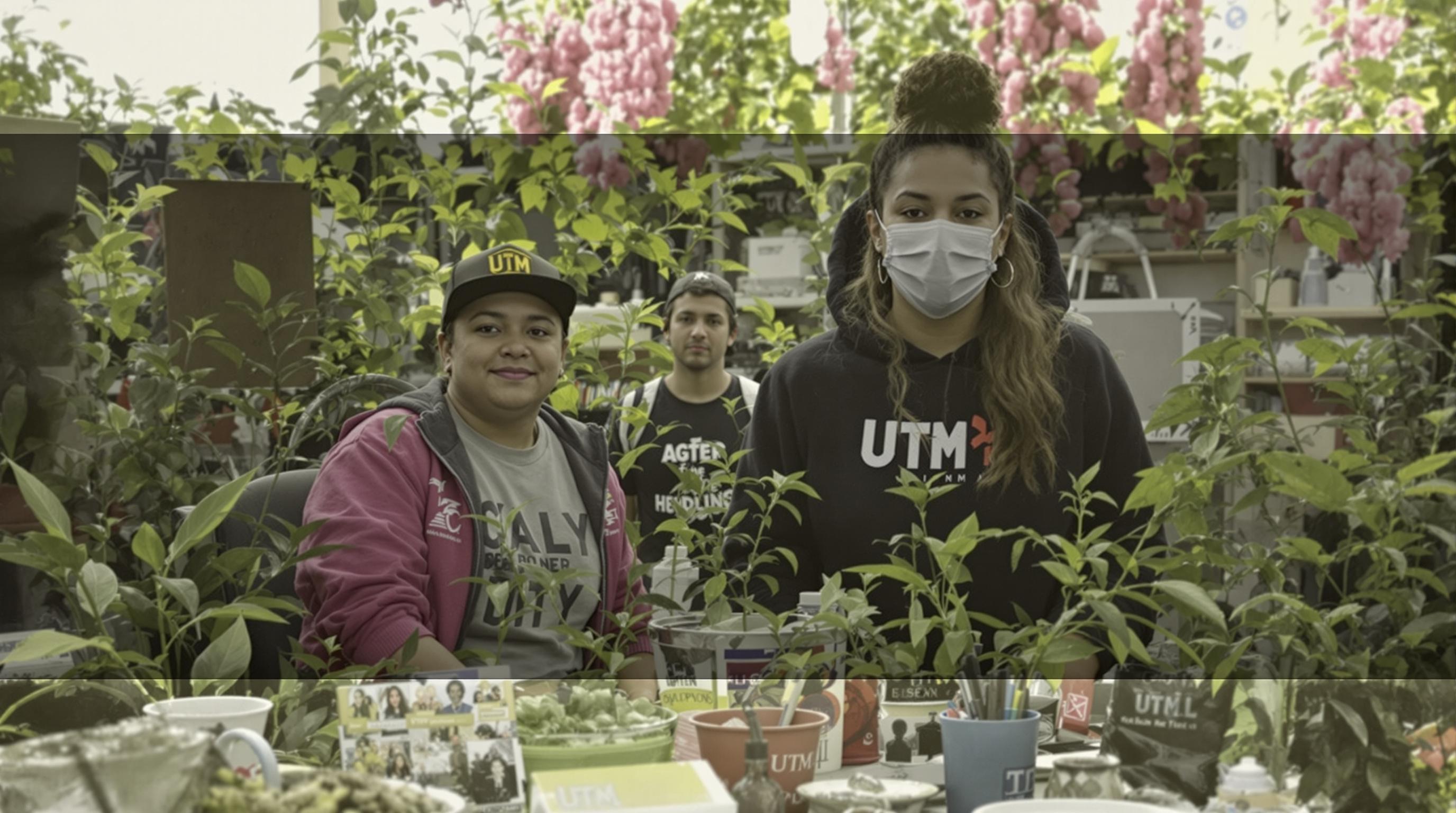Related Articles
- Cultivating Chaos: The Surprising Benefits of Disorder in Sustainable Community Movements
- The Silent Revolution: How Micro-Communities Challenge the Norms of Eco-Conscious Governance
- Rethinking Romance: The Unexpected Impact of Sustainable Love Stories on Community Commitment
- Invisible Workspaces: How the Arrangement of Unseen Elements Shapes Your Daily Workflow and Mental Clarity
- The Hidden Costs of Clutter: How Excess Items in Your Workspace Affect Your Wallet and Well-Being
- Unlocking Creativity: The Unexpected Benefits of Furniture Arrangement on Your Daily Workflow at Home
8 Overlooked Frameworks: Exploring the Impact of Global Cultural Exchange on Sustainable Organizing Initiatives
8 Overlooked Frameworks: Exploring the Impact of Global Cultural Exchange on Sustainable Organizing Initiatives
8 Overlooked Frameworks: Exploring the Impact of Global Cultural Exchange on Sustainable Organizing Initiatives
Introduction
In our increasingly interconnected world, cultural exchange has become a crucial mechanism for sustainable development. It fosters understanding, collaboration, and innovation across borders. However, specific frameworks that have contributed to this exchange often remain underappreciated.
This article explores overlooked frameworks that highlight the significance of global cultural exchange on sustainable organizing initiatives. By acknowledging these frameworks, stakeholders can enhance their approaches and promote more effective solutions for environmental, social, and economic sustainability.
Ultimately, integrating these frameworks into organizing initiatives can transform how communities engage with sustainability, making them better equipped to tackle shared challenges on a global scale.
1. Cultural Intelligence Framework
Cultural intelligence (CQ) emphasizes the ability to understand and adapt to different cultural contexts. It fosters more effective communication and collaboration among diverse groups.
By developing cultural intelligence, organizations can more effectively engage with local communities, ensuring their initiatives are culturally sensitive and relevant. This is particularly important in sustainable organizing where community buy-in is critical for success.
Research shows that organizations with high levels of cultural intelligence experience better outcomes in cross-cultural collaborations, leading to greater overall impact (Ang & Van Dyne, 2015).
2. The Knowledge Sharing Framework
This framework highlights the importance of exchanging knowledge across cultural boundaries. Facilitating knowledge sharing can enhance collective problem-solving and innovation in sustainability initiatives.
In sustainable organizing, integrating diverse perspectives allows for holistic solutions that may not have emerged in isolation. Knowledge sharing can occur through international partnerships, exchange programs, and digital platforms.
According to a study by Fathallah et al. (2019), effective knowledge sharing has been directly linked to improved sustainability outcomes in various fields, including agriculture and renewable energy.
3. Ecological Cultural Framework
The ecological cultural framework considers the dynamic relationship between culture and environment. It emphasizes that cultural practices influence how communities interact with natural resources.
By acknowledging this relationship, sustainable initiatives can be tailored to local practices and beliefs. For example, indigenous ecological knowledge plays a vital role in conservation efforts, offering sustainable land management techniques that have stood the test of time.
Leveraging this framework can foster partnerships with local communities, leveraging cultural practices to promote environmental stewardship (Berkes, 2017).
4. Social Capital Framework
Social capital refers to the networks, relationships, and trust that exist within a community. This framework is essential for mobilizing resources and fostering collaboration in sustainable organizing.
Communities with strong social capital are better equipped to spearhead sustainable initiatives, as they can more effectively leverage their social networks to gather support and resources.
As reported by Putnam (2000), regions with higher social capital experience increased civic engagement and collective action, leading to more successful sustainability efforts.
5. The Participatory Action Research Framework
Participatory action research (PAR) is an activist-research approach that aims to involve community members in the research process. It emphasizes collaboration and co-creation of knowledge.
This framework ensures that community voices are included when designing and implementing sustainable initiatives, resulting in more relevant and effective solutions.
PAR can empower communities by giving them agency in the decision-making process, ultimately leading to more sustainable outcomes (Reason & Bradbury, 2001).
6. Cross-Cultural Sustainability Practices Framework
This framework examines how different cultures approach sustainability, offering insights into best practices that can be learned and adapted globally.
Understanding various sustainability practices allows organizations to implement adaptive solutions that cater to local needs while learning from diverse cultural experiences.
For instance, sustainable practices rooted in Scandinavian countries can be adapted for implementation in developing nations, promoting localized but effective strategies (Hjerpe & Lindhjem, 2015).
7. Confucian Environmentalism Framework
Confucian environmentalism combines Confucian principles with ecological stewardship, promoting harmony between human society and nature.
This perspective emphasizes respect for nature and encourages sustainable organizing initiatives that align with cultural values, particularly in East Asian contexts.
By integrating this framework, organizing initiatives can foster deeper community connections, thereby strengthening sustainable behaviors (Li, 2018).
8. The Global Diversity Framework
The global diversity framework recognizes the rich tapestry of cultural identities that contribute to sustainable organizing. It underscores the need to celebrate and incorporate diverse perspectives.
By embracing diversity, sustainable initiatives become more robust and innovative, drawing from a wide range of experiences and worldviews. This cross-cultural integration can lead to novel solutions to pressing global challenges.
Research shows that organizations that prioritize diversity in sustainability initiatives often yield better results, as they capitalize on a variety of cultural insights and approaches (Page, 2007).
Conclusion
The exploration of these eight overlooked frameworks demonstrates the transformative power of global cultural exchange in sustainable organizing initiatives. By integrating these frameworks, stakeholders can harness diverse perspectives and practices, ensuring more inclusive and effective solutions.
As the world faces increasingly complex sustainability challenges, leveraging cultural exchange will be crucial for success. Organizations that recognize and implement these frameworks can create more resilient and responsive initiatives.
In conclusion, fostering global cultural exchange through these frameworks is not only essential for sustainability but also for building a more equitable and collaborative future.




